The Trump administration’s tariffs on Chinese-made drones, unmitigated by recent exemptions for other electronics, are poised to devastate the U.S. Drone Industry, warns Vic Moss, president of the Drone Service Provider Alliance (DSPA), in an urgent open letter to President Trump. As prices for DJI’s industry-standard drones, used by 90% of pilots and 95% of First Responders, threaten to double, the ripple effects could ground businesses, stifle hobbyists, and imperil lives.
Tariffs Triple Costs for Essential Equipment
The cumulative 170% tariff, confirmed by U.S. Customs and Border Protection, compounds a 25% Section 301 tariff from 2018, a 20% fentanyl-related tariff, and a 125% reciprocal tariff enacted in 2025. While smartphones and laptops won exemptions on April 12, drones were excluded, potentially driving the retail price of a DJI Mavic 3 Pro from $2,199 to $4,750—a 116% hike. The DJI Mini 4 Pro, a favorite among hobbyists, could jump from $759 to $1,639. “It’s one more nail in the coffin for us,” Moss laments, highlighting the strain on small businesses and recreational pilots facing weekly price surges.
First Responders Face Life-or-Death Stakes
For first responders, the tariffs threaten access to DJI drones critical for search-and-rescue, firefighting, and SWAT operations. Moss underscores their unmatched reliability: “Nothing exists that is comparable.” A ban or unaffordable prices could force agencies to adopt costlier U.S.-made drones, like Skydio‘s, which are 2–10 times pricier (up to $20,000 versus DJI’s $2,000 average) and less feature-rich. “It will literally cost American lives,” Moss warns, envisioning rescue teams unable to locate lost children or navigate wildfires safely.
No Domestic Drones to Bridge the Gap
Moss dismisses hopes that tariffs will spur U.S. manufacturing, noting, “There is nothing… that can replace the equipment 90% of all drone pilots fly every day.” Domestic producers lack the raw materials—lithium for batteries, chips for electronics—and infrastructure to scale. U.S. lithium mining, despite vast reserves in Louisiana and Nevada, faces a decade of regulatory and environmental delays. Skydio’s drones, while tariff-exempt, suffer from long lead times, restricted battery supplies and limited AI capabilities compared to DJI’s subject-tracking features, such as found on the DJI Matrice 4T. Moss cites Skydio’s own admission of non-competitive consumer models, leaving pilots without viable alternatives.
Political Pressures Amplify the Crisis
The tariffs align with national security concerns, including the Department of Defense‘s 2024 DJI ban over unproven cybersecurity risks. Congresswoman Elise Stefanik’s push for stricter Customs enforcement, citing alleged Uyghur forced labor (refuted by DJI’s documentation), further tightens the screws. Moss argues this scrutiny is inconsistent, noting smartphones collect more data yet face exemptions. The administration’s focus on decoupling from Chinese tech, as deputy press secretary Kush Desai stated, “America cannot rely on [China] to manufacture critical technologies,” overlooks the drone industry’s unique dependence.
DroneXL’s Take
DroneXL echoes Moss’s plea: lifting the 170% tariffs is a matter of survival for pilots and first responders. The irony stings—policies meant to bolster American industry are crushing one with no domestic rival, leaving heroes and hobbyists grounded. We urge savvy buyers to stock up and to explore used DJI models while staying vigilant for trade policy shifts. President Trump, a businessman who understands market realities, must heed Moss’s call to exempt drones, or risk extinguishing a vibrant American passion and endangering those who serve.
Discover more from DroneXL.co
Subscribe to get the latest posts sent to your email.


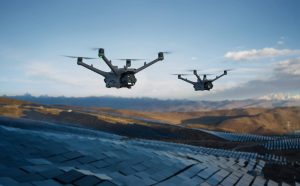
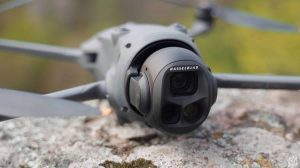

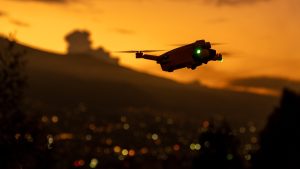
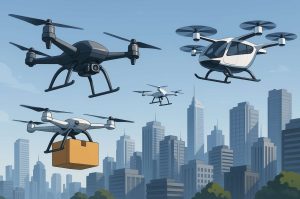
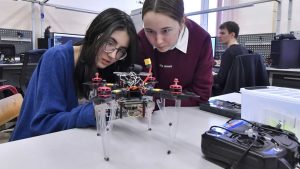
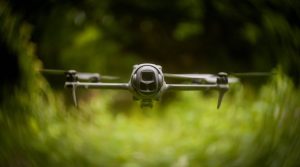
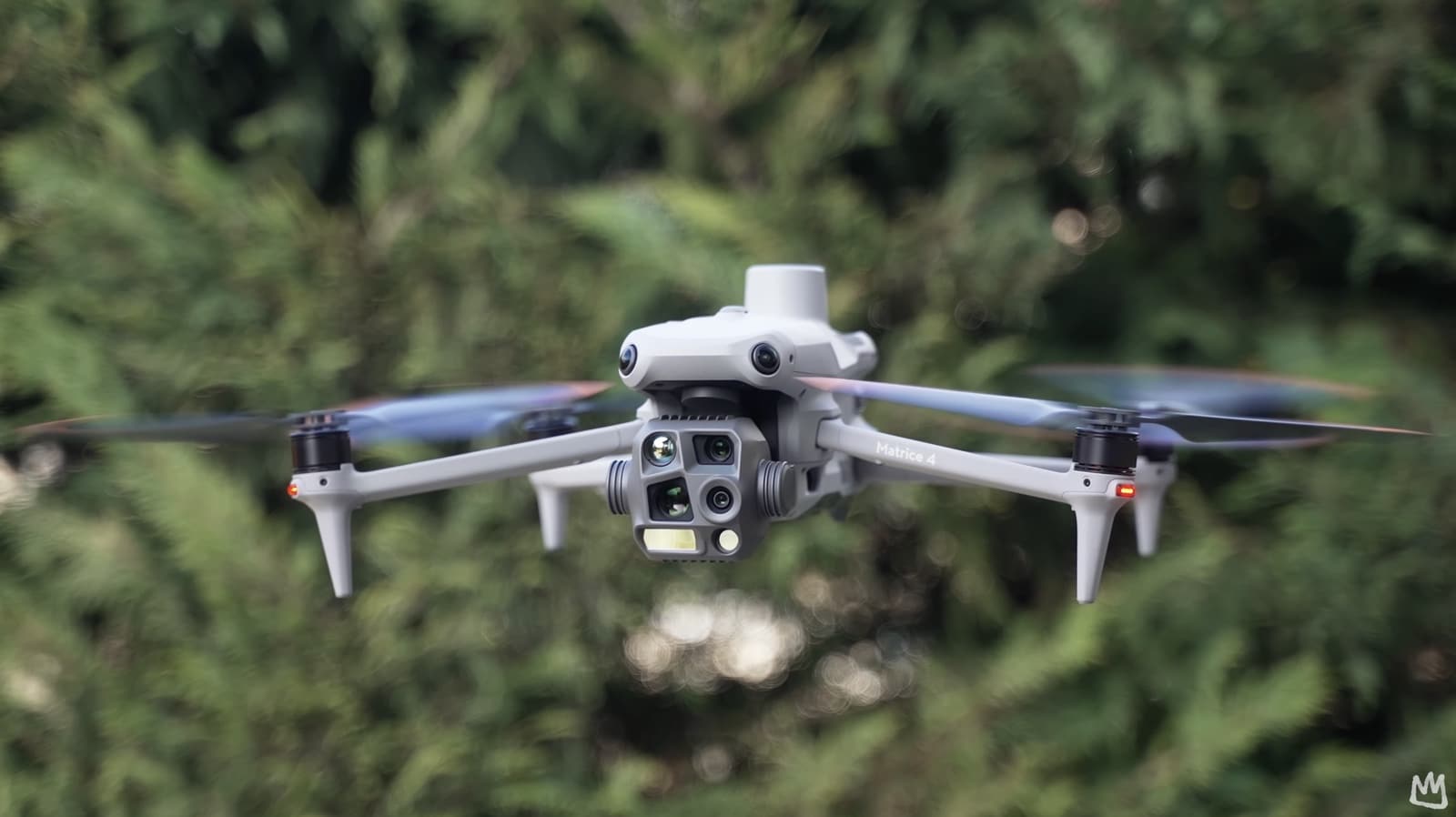
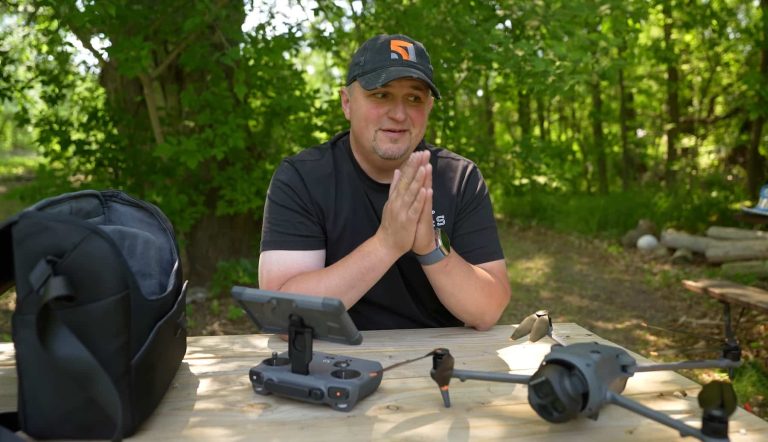
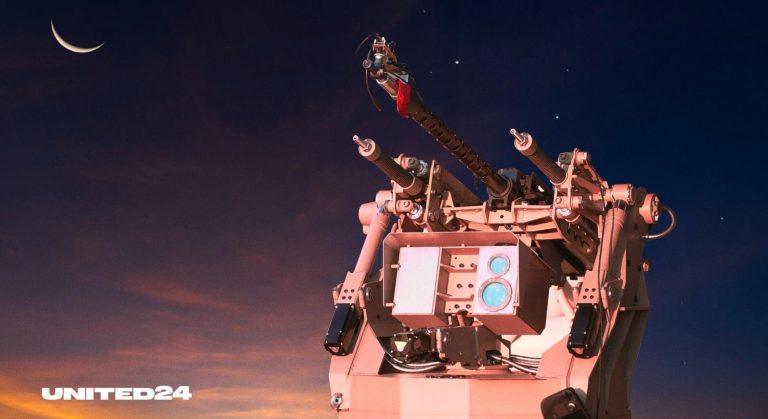
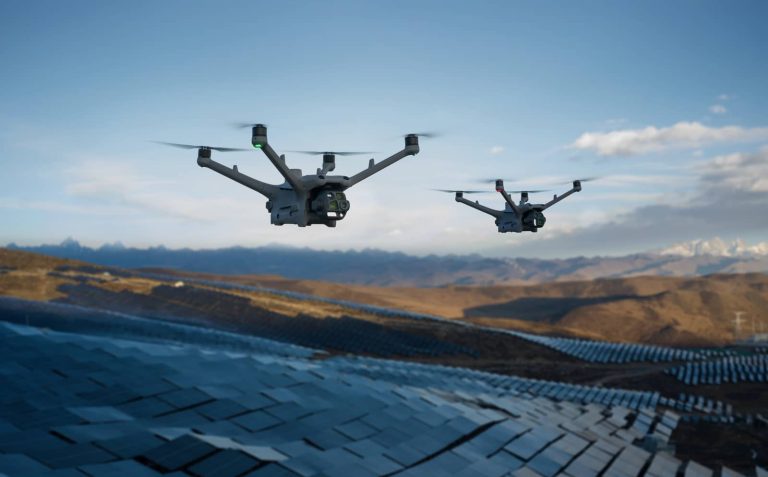
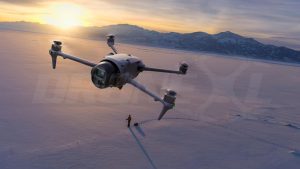
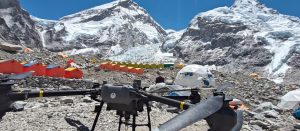
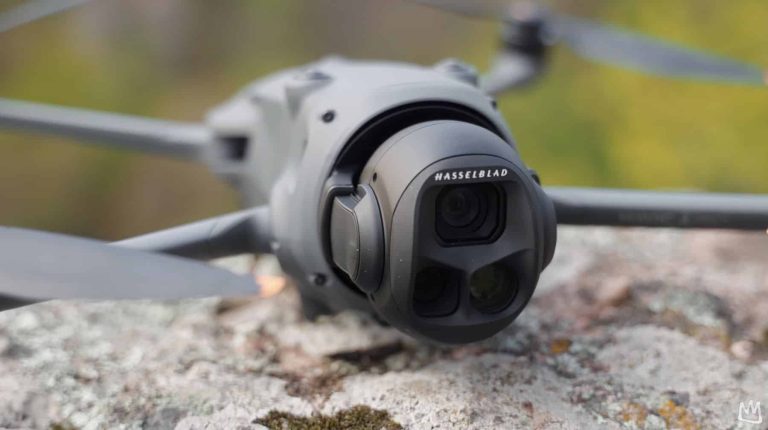

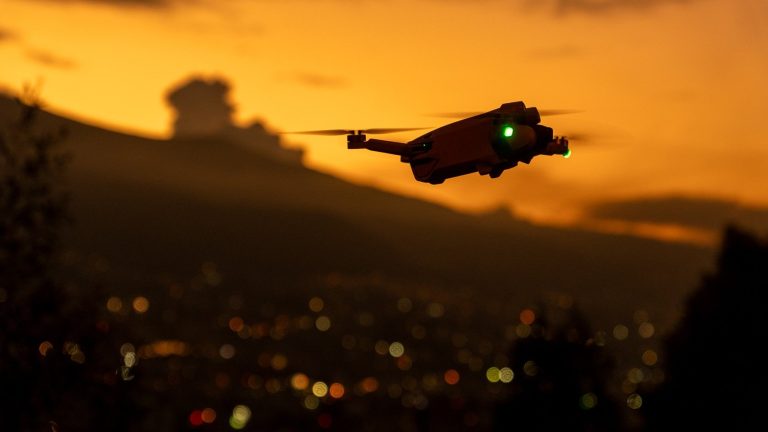
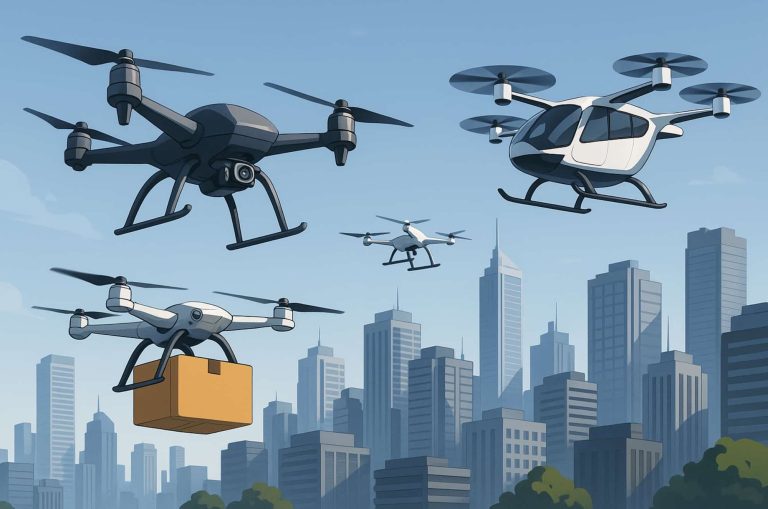
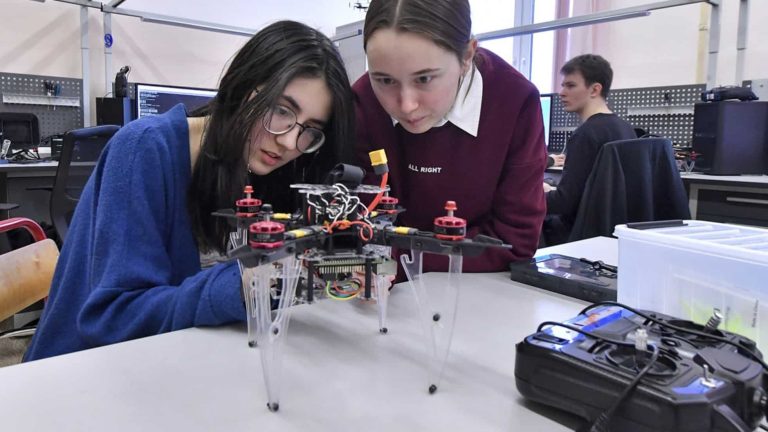
+ There are no comments
Add yours